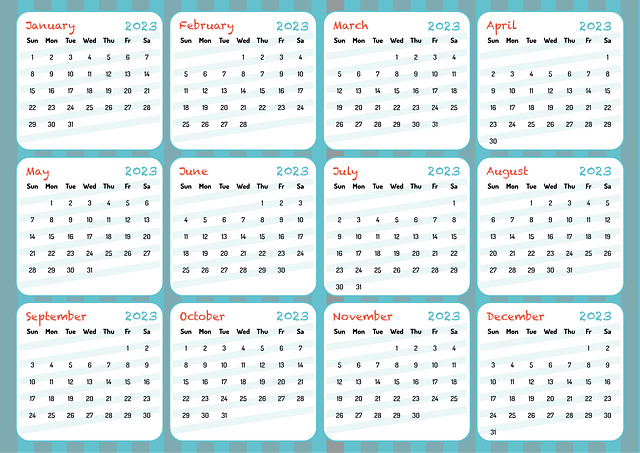Proactive understanding of community needs through surveys, focus groups, and direct interactions is crucial in event planning for local businesses. By listening to diverse voices and identifying unique interests, organizers create engaging events that cater to specific audiences, foster community, and enhance accessibility. Strategic considerations include aligning events with local traditions, choosing meaningful venues, managing scheduling conflicts, and collaborating with existing community events. This inclusive approach boosts participation and strengthens business-community ties, solidifying local businesses as vibrant community hubs.
Community outreach events are a powerful tool for local businesses to connect with their target audience. Effective event planning starts with understanding community needs and interests through demographic research, surveys, and focus groups. Once identified, designing engaging concepts that align with local preferences is key, incorporating interactive activities and local talent. Successful logistics and promotion ensure a well-organized experience, attracting attendees through targeted marketing strategies. This guide explores these steps for planning impactful events tailored to the unique tapestry of local communities.
- Identifying Community Needs and Interests
- – Researching local demographics and cultural events
- – Conducting surveys and focus groups to gauge community preferences
Identifying Community Needs and Interests

In the realm of event planning for local businesses, understanding community needs and interests is paramount. By engaging in proactive outreach, organizers can uncover hidden gems and address diverse concerns that might otherwise go unnoticed. This involves a careful balance between listening to the collective voice of the community and identifying unique opportunities for engagement. Through surveys, focus groups, and direct interactions at local gatherings, businesses can gather insights into what resonates most with their target audience.
For instance, a bustling event aimed at promoting local commerce might benefit from incorporating educational workshops that cater to specific interests, such as cooking classes or DIY workshops. These initiatives not only attract attendees but also foster a sense of community and enhance the overall experience. Event planners should also consider accessibility and inclusivity, ensuring that their activities cater to folks from all walks of life, including those with disabilities or special needs. This approach underscores the event’s commitment to serving and celebrating the vibrant tapestry of the local landscape.
– Researching local demographics and cultural events

When planning community outreach events, understanding your local demographics and cultural landscape is paramount for successful event planning by local businesses. This involves delving into data to grasp the diverse ethnic, age, and economic makeup of your target audience. By researching these factors, businesses can tailor their events to resonate with specific communities, fostering a deeper connection and higher attendance.
For instance, incorporating cultural elements that align with local traditions or hosting events at venues significant to the community can enhance participation. Event planners should also consider existing community events on the calendar to avoid scheduling conflicts or, alternatively, capitalize on opportunities for collaboration that amplifies reach and impact. This strategic approach ensures events are inclusive and relevant, ultimately strengthening ties between businesses and their local customers.
– Conducting surveys and focus groups to gauge community preferences

In the realm of event planning for local businesses, understanding community preferences is paramount. Conducting surveys and focus groups offers a direct line to gauging public interest and identifying desired activities, themes, and formats. This data-driven approach ensures that events align with residents’ interests, fostering higher attendance and engagement. By actively listening to the community, organizers can create meaningful experiences that resonate, ultimately strengthening local business-community ties.
Through these methods, event planners can uncover hidden gems of community passion and tailor offerings accordingly. Whether it’s a food festival showcasing local cuisine or a workshop addressing pressing issues, surveys and focus groups provide valuable insights into what makes a memorable gathering. This strategic planning approach not only enhances the success of events but also solidifies the role of local businesses as integral community hubs.
By understanding the unique needs and interests of their communities, local businesses can transform event planning into a powerful tool for engagement. Through comprehensive research involving demographics, cultural events, and direct community input via surveys and focus groups, businesses can tailor their outreach efforts effectively. This strategic approach ensures that events resonate with attendees, fostering stronger connections and contributing to the vibrant tapestry of local community life. Implementing these practices represents a significant step towards successful event planning for local businesses in today’s competitive market.
